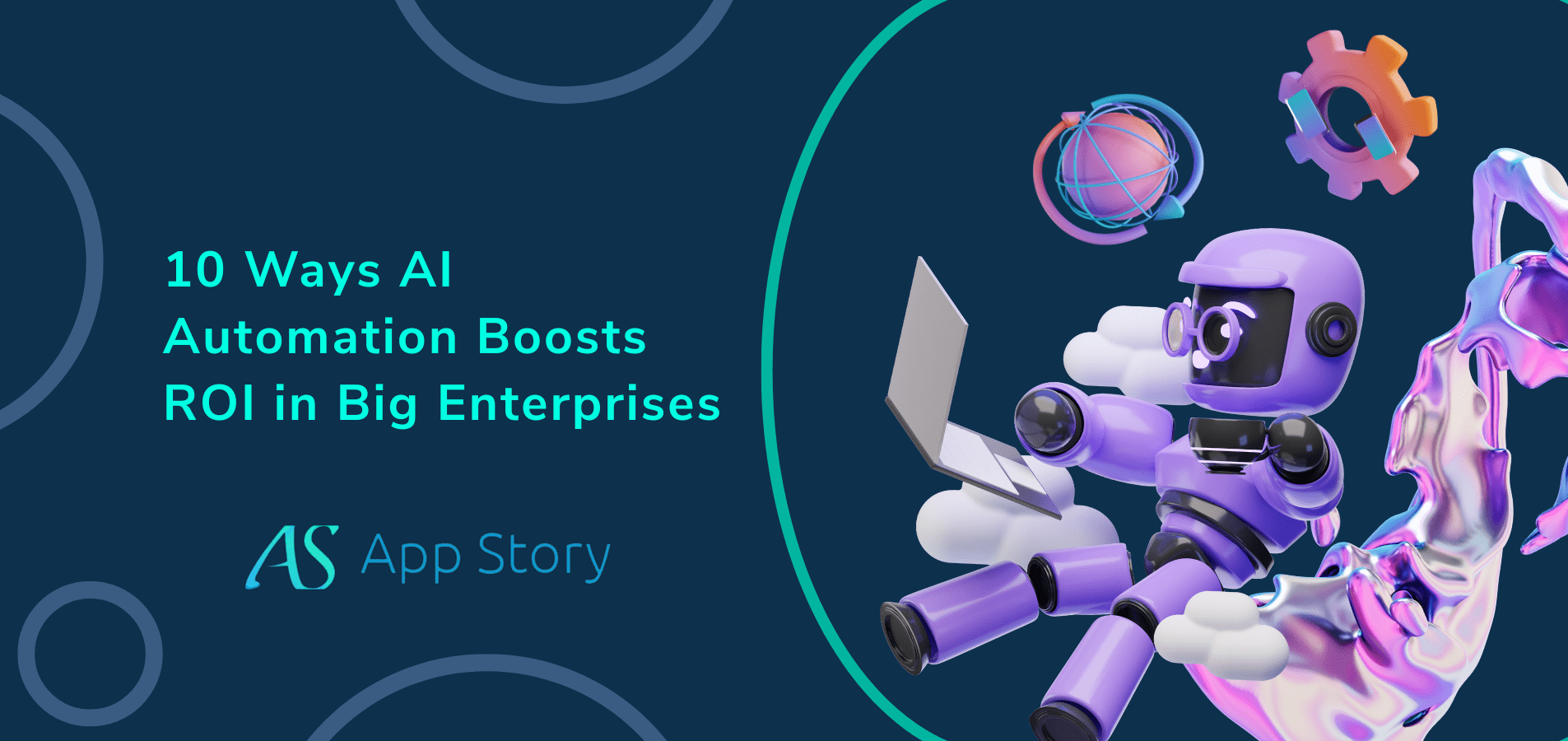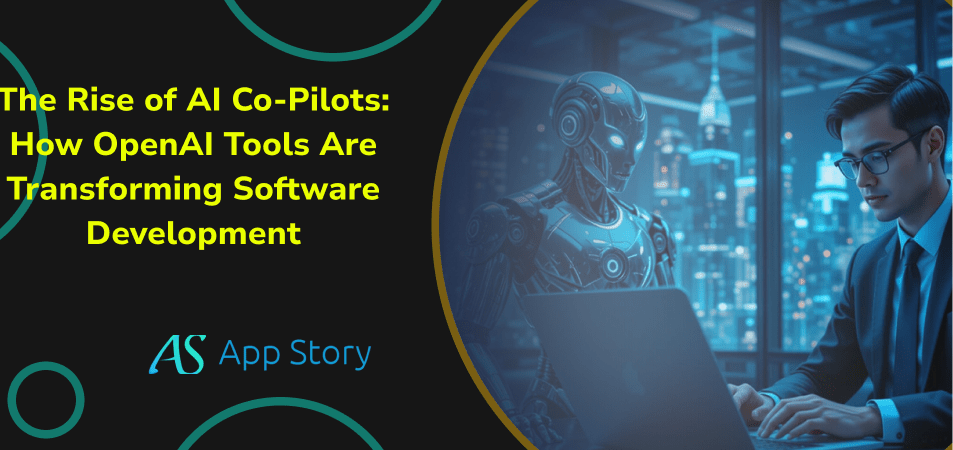Artificial intelligence and machine learning are gaining momentum, regardless of the industry. But unfortunately, machine learning models are not always reliable. This article describes how Machine Learning Model Operationalization Management (MLOps) makes the machine learning process more efficient and dependable to provide long-term benefits to businesses. So what are MLOps, and why is it essential for your company to adopt this engineering discipline?
Machine learning models learn and are developed from datasets. However, if the data is no longer representative or no longer representative of the intended target information, the ML model becomes inefficient. In this case, we are talking about model drifting. In contexts such as product personalization or fraud detection, the characteristics of the predicted target data can evolve remarkably quickly, and the data over the course of months, days, or even hours can turn out to be unrepresentative. Therefore, it is necessary to regularly re-train models on data integrating new features to maximize their efficiency and ensure their accuracy over time. MLOps is a response to the needs of implementing and re-training ML.
What are MLOps?
MLOps is a relatively new field. The term MLOps is an abbreviation of ML (from “machine learning”) and DevOps, which in itself is already an acronym for “development” and “operation.” It is an engineering discipline that aims to unify two areas: the development of machine learning systems and the implementation of machine learning systems—the standardization of these results in the standardization of the delivery of ML models in production. MLOps can therefore be considered a DevOps extension for machine learning. However, this is not an entirely accurate term.
Here you can find more information about MLOps: https://addepto.com/mlops-consulting/
DevOps practices have allowed software to go into production in minutes and keep it running reliably in traditional software development. DevOps relies on tools, automation, and workflows to eliminate random complexity and enable developers to focus on real-world problems. This approach is efficient, and many companies have already mastered it. So why can’t we do the same for ML?
Mixing of code and data
The main reason is the fundamental difference between a high-level language and traditional software: machine learning is not just code; it’s code and data. The ML model, the artifact you eventually put into production, is created by applying an algorithm to a mass of training data, affecting the model’s production behavior. Most importantly, the model’s behavior also depends on its inputs at the prediction that it cannot know in advance. This fundamental discrepancy presents several significant challenges that must be faced by any company attempting to bring ML successfully into production; for example, the main difficulties include slow, brittle, inconsistent deployment, no reproducibility, and reduced performance (training setting).
MLOps is a set of best practices for companies to manage AI from a business perspective effectively. Today, artificial intelligence translates websites and automatically routes calls to customer service. It helps hospitals read x-rays, banks calculate credit risk, and retailers stock their shelves to optimize sales. In short, machine learning, which is part of the broad field of artificial intelligence, is set to become as popular as applications. Therefore, executing AI must be as accurate as the work of running computer systems. MLOp is used for this purpose.
Strengths of MLOps
The overarching task of MLOps as a practice set is to efficiently and reliably implement and maintain machine learning models in production. The implementation of MLOps in the enterprise leads to at least several positive effects:
- Innovate quickly with robust machine learning lifecycle management
- Create repetitive workflows and models
- Quickly deploy precise models anywhere
- Efficient management of the entire ML life cycle. Machine learning resource management and control system
Among the many positive aspects of machine learning, it is worth noting the vital role this science plays in the case of companies that want to remain competitive and develop in a world based on modern technologies and data. The MLOps implementation process itself can be divided into three levels of maturity.
Read more: Top Mobile App Development Companies
MLOps process maturity levels
Level 0
The process of building, training, and deploying models is entirely manual. Each transition from one stage to the next is managed manually. Thus, there is a mismatch between data analysts who build and train models and engineers who implement them in infrastructure. This approach has many effects: low frequency of delivery and integration of new versions of models, less monitoring of model performance, and risk of discrepancies between trained models and those put into production (skewed learning-serving). In addition, it is challenging to adapt models to changing data and the environment.
Level 1
The training process is automated, enabling continuous and cyclical delivery of trained models to implementation services. Experimentation becomes more straightforward than at the previous level, and engineers can update models frequently with new data. Component code is modularized, and the runtime is decoupled from the code. Now you can reproduce the same results between different environments: development, test, and production.
Level 2
A robust and automated CI / CD system is implemented. New ideas for architecture, function engineering, and hyperparameters can now be automatically built, tested, and deployed to target environments. Automation and monitoring are implemented at all stages of the ML process, including integration, testing, and deployment.
It’s time for your move!
With MLOps, complex machine learning systems’ development and operation cycles are shortened and automated. As a result, it becomes possible to continuously train, evaluate, and deliver high-quality machine learning models. So now it’s time for your move. If you want to guarantee your business the success of your AI and ML strategy, you cannot ignore the potential of MLOps.
According to statistics, more than half of all AI and ML projects are hampered by the quality, quantity, or access to data. With MLOps, you can avoid solutions that don’t offer simplified data management. Moreover, MLOps is important because it helps mitigate the risk of machine learning models in production and is also an essential part of the mass implementation of machine learning and, consequently, achieving cost savings at an appropriate scale.






 United States
United States United Kingdom
United Kingdom India
India Canada
Canada Singapore
Singapore















![10 Benefits of the Internet of Things You Should Know [2025]](https://www.appstory.org/wp-content/uploads/2025/03/ATS-10-Benefits-of-the-Internet-of-Things-You-Should-Know-2025@2x-80x60.png)




















